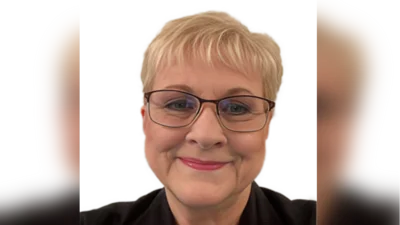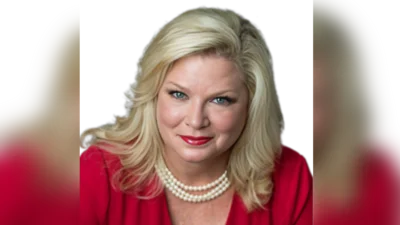Lovett School issued the following announcement on Nov. 18.
It was a safe space to voice their opinions without being judged, "because we were all going through similar things.”
What comes to your mind when you hear the word Affinity?
When I asked students and faculty, there was a common theme identified in their answers.
Their answers included acceptance, commonality, community, and friends. These positive words best describe the affinity groups here at Lovett community.
According to Learning for Justice magazine, “Affinity groups can provide safe spaces for people to be themselves and address issues of injustice and inequity within the school building.” The Lovett community has provided many different affinity groups that are predominantly run by students. These groups include Rainbow Affinity, African-American Affinity, Essence, South Asian affinity, Women in Athletics, and more.
I spoke with Noah Claxton, one of the leaders of the African American affinity group, who said that as a freshman, newly starting high school, it was nice to have a group of familiar faces that you knew were going through similar situations. He mentioned that “We talked about 2020, the riots, and protests,” he said, and that it was a safe space to voice their opinions without being judged, "because we were all going through similar things.”
Affinity groups allow people with common identities to come together to be in a relatable, judgment-free space. Affinity groups are often targeted towards people who have historically been oppressed and today are still now considered part of minority or marginalized communities. Affinity groups are not meant to promote exclusion, but rather be a space for those who may have been excluded to see others who share the same identity.
On that note, it is very easy to confuse affinity groups with alliance groups. The main difference between these two groups is that alliance groups are not meant for just those who share that identity, but also for people who want to support or learn more.
Faculty have options as well. For example, Ms. McFadden, chief information officer, leads an unofficial affinity group for African-American faculty and staff.
She started the group during Covid in hopes of creating a place of belonging for the faculty and staff that had not yet crossed paths with one another. Mrs. McFadden emphasized the importance of creating a space within a majority culture, so that it was easier to connect and express your views.
“It’s kinda like home,'' she says.
For those who are confused about the need for these types of groups, Ms. McFadden, as well as Ms. Hua and Ms. Scott, who lead another group called People of Color at Lovett (Pocal), have some advice: “Lead with curiosity and ask questions.” They emphasize the importance of leaving behind prejudices, stereotypes, or biases when asking questions because there are plenty of people in your own community willing to answer them and educate.
When some people misunderstand the purpose of affinity groups, they often ask questions such as “Why is there not a white boys affinity group?”
Sarah Dowling, a member of the rainbow club, which is specifically meant for LGBTQ+ students, gets frustrated by these kinds of questions. “Affinity groups are for people who have historically been oppressed,” she said. “There is nothing productive if there was a white boys club. Affinity groups allow people to share experiences with these harder topics and white boys at Lovett won't understand that.”
Still, Ms. Hua and Ms. Scott feel there could be something worthwhile about a group of white Lovett boys getting together, especially if they are talking about “attacking systemic racism, acknowledging privilege, navigating how to be an ally or an accomplice, and changing culture in a community.'' It could be “a space for a community to support, offer progress, and acceptance.”
While some students might resist the idea of affinity groups, or even make jokes about them, others have found a sense of community and rely on these monthly or weekly meetings to socialize, and have deep meaningful conversations.
And there continue to be experiences that reinforce the need for affinity groups. Sarah Dowling remarked about the backlash the group faces behind their backs. Recently after a chapel where fellow students had the opportunity to educate the upper school students about the experiences of LGBTQ+ students coming out, she heard that students were making jokes and whispering slurs under their breath. Though Lovett strictly has a no slurs policy, when slurs are said there is often no one there to report them. Sarah said that unfortunately this incident is not uncommon.
Recently I visited one of the African American affinity meetings. I had previously not attended any meetings, but writing this article inspired me to go for the first time. I found a commonality when students shared their own experiences when talking about race and equity. I went with my friend, Mackenna Stewart, and she said, “I enjoyed our last meeting a lot. We conversed about the new ideas for possible events to include black students. I felt like my voice and ideas were heard, and I look forward to the next meeting.”
Groups like these help uplift students and inspire. They create a bond within a community, and help students more easily navigate their Lovett experience. Although incidents like what Sarah Dowling mentioned do occur, these groups have created spaces to promote constructive responses to help guide our own bigger community. Overall these groups have been very important for students to build connections, support one another, and develop a better understanding of their identity.
Original source can be found here.
 Source: Lovett School
Source: Lovett School
.jpg)





 Alerts Sign-up
Alerts Sign-up